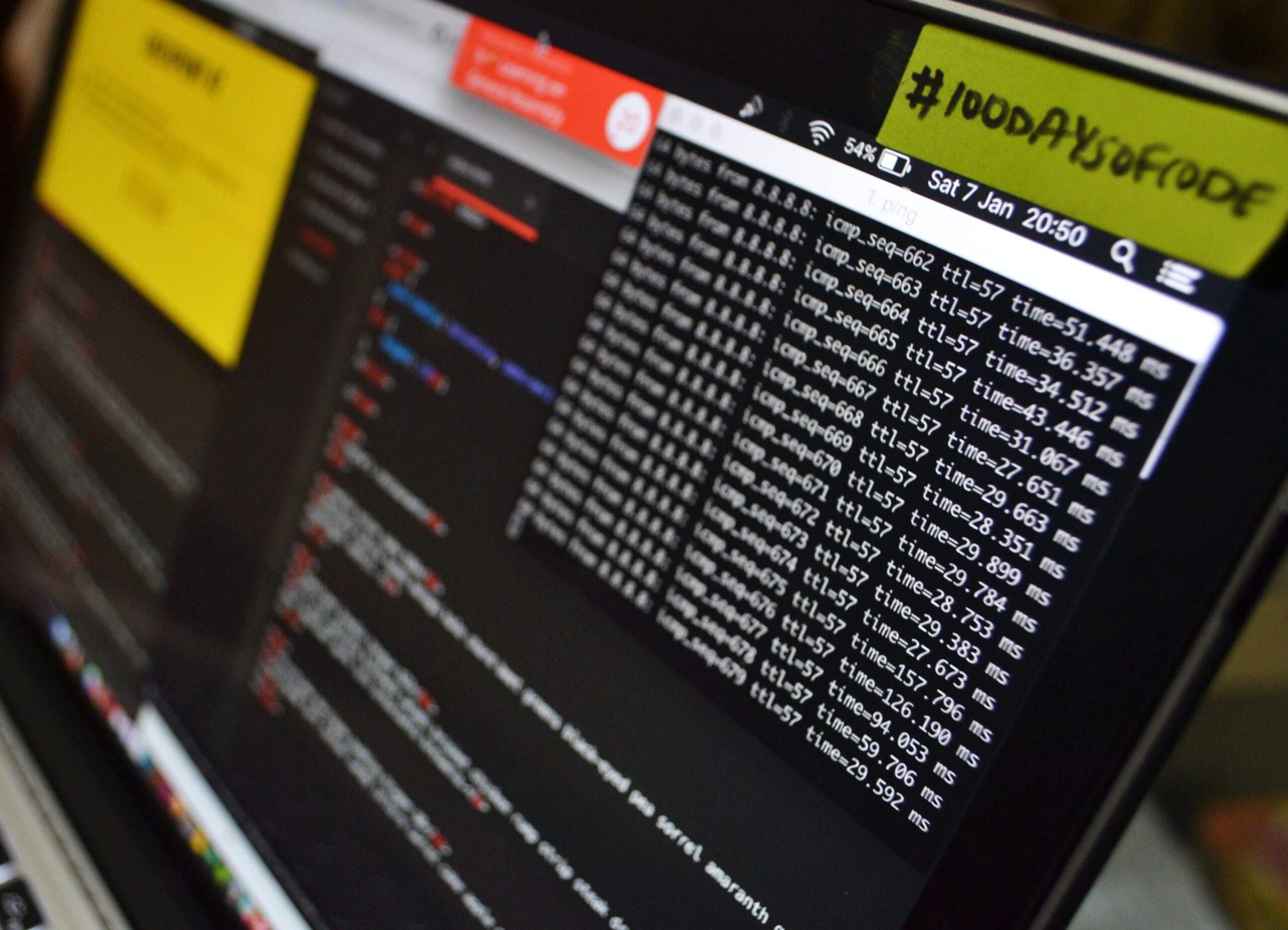In the complex world of cyber warfare, Russian hackers have earned a notorious reputation for their technical prowess and audacious cyber operations. These individuals and groups have been linked to high-profile cyberattacks, data breaches, and espionage activities, drawing global attention to the capabilities and motivations of Russia’s top cyber adversaries. Today, we delve into the enigmatic world of Russian hackers, exploring some of the most prominent groups and individuals behind these cyber operations.

1. Fancy Bear (APT28)
Fancy Bear, also known as APT28 (Advanced Persistent Threat 28), is one of the most well-known and sophisticated Russian hacking groups. Linked to Russia’s military intelligence agency, the GRU, Fancy Bear has been involved in numerous high-profile cyber operations.
They are notorious for their involvement in the cyberattacks against the Democratic National Committee (DNC) during the 2016 United States presidential election. The group’s activities have extended beyond politics, targeting governments, military organizations, and various industries worldwide.
2. Cozy Bear (APT29)
Cozy Bear, also known as APT29, is another prominent Russian hacking group associated with state-sponsored cyber espionage. Like Fancy Bear, Cozy Bear’s origins are believed to be tied to Russian intelligence agencies.
They gained significant attention for their involvement in the hacking of the DNC alongside Fancy Bear in 2016. The group focuses on long-term cyber espionage, targeting government entities, defense contractors, and diplomatic organizations.
3. SandWorm
SandWorm is a Russian hacking group that gained infamy for its involvement in the NotPetya ransomware attack in 2017. This massive cyberattack caused widespread damage to various industries worldwide, particularly in Ukraine, where it is believed to have originated. SandWorm’s targets have included energy and utility companies, as well as government entities, and their actions have demonstrated a willingness to cause significant disruptions.
4. Turla (Snake, Uroburos)
Turla, also known as Snake or Uroburos, is a Russian-speaking advanced persistent threat (APT) group that has been active since at least 2008. The group’s sophisticated and stealthy cyber espionage operations have targeted government agencies, military organizations, and diplomatic entities in various countries. Turla’s arsenal includes a range of advanced tools and techniques, allowing them to maintain a low profile while conducting long-term intelligence gathering.
5. APT33 (Elfin)
Although not solely Russian, APT33, also known as Elfin, has been linked to Russian-speaking individuals and operates in coordination with Russian interests. The group primarily targets organizations in the Middle East, with a particular focus on the aerospace and energy sectors. Their activities have included data theft, espionage, and destructive cyberattacks.
6. Cyber Caliphate (Amaq)
The Cyber Caliphate is an interesting case, as it is associated with Russian hackers, but its exact affiliation remains a subject of debate. The group has claimed ties to ISIS, but cybersecurity experts suspect that it may be a front for Russian hackers attempting to sow confusion and divert blame. The Cyber Caliphate has targeted media organizations and government websites, often defacing websites and propagating pro-ISIS messages.
7. Lazarus Group
While Lazarus Group is generally associated with North Korea, there have been indications of collaboration between North Korean and Russian hackers. Lazarus Group is infamous for its involvement in various high-profile cyberattacks, including the WannaCry ransomware attack in 2017. Their activities have targeted financial institutions, cryptocurrency exchanges, and government organizations worldwide.
Conclusion: Unraveling the Cyber Shadows
The world of Russian hackers is a complex and ever-evolving realm, with a diverse range of groups and individuals operating in coordination with Russian interests. These top cyber adversaries have demonstrated remarkable technical expertise and a willingness to conduct audacious cyber operations, influencing geopolitics and challenging the boundaries of cyber warfare. As technology advances and cybersecurity measures adapt, the actions of Russian hackers continue to captivate the world’s attention, leaving governments and organizations worldwide on high alert for potential cyber threats. Understanding the motivations and capabilities of these enigmatic cyber actors remains crucial in safeguarding the digital domain against future cyberattacks.